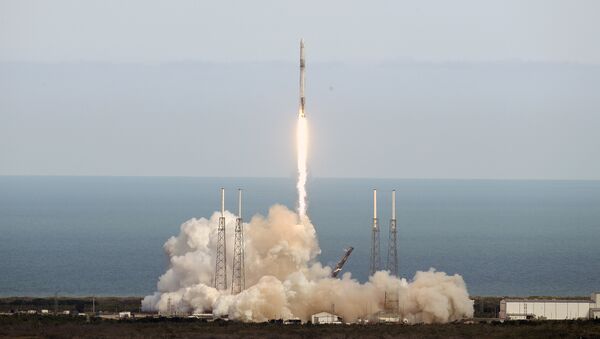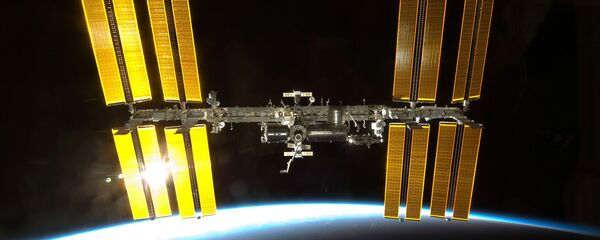Sputnik discussed the use of space for military purposes with Duncan Blake, a PhD candidate in law and the military uses of outer space from the University of Adelaide, and a consultant in space law and strategy at the International Aerospace Law & Policy Group, Australia.
Sputnik: Has space been maintained for peaceful purposes since the adoption of the resolution?
Duncan Blake: The idea that space should be used for peaceful purposes was an idea from the very beginning. The issue there is — what do we mean by peaceful purposes? Because it can’t mean non-military; in fact, the first man-made object to enter outer space was a German V2 rocket towards the end of World War II.
Sputnik: Can you elaborate on that? Why do you feel that space is becoming more contested and possibly more aggressive?
Duncan Blake: So for some time states have been thinking about the advantages that they each get for their military forces from military uses of space. The fact is that something far out in outer space provides a very broad field of view, it's something that’s up there on an enduring basis, it's not necessarily there all the time because the satellite has to orbit, so it has some disadvantages compared to aircraft, but it’s apparently under-regulated.
For example, there are no national borders, I'll say it’s apparently under-regulated because I’m very interested in the law that applies to outer space. It’s relatively remote, so it's difficult to get to it, it seems protected, so there’s a lot that appeals to military forces about how they could use space. It can be used for intelligence surveillance, reconnaissance, for communications, for position navigation and timing, and military forces around the world do use it for all of these sorts of things to fantastic effects.
Sputnik: Another thing I want to ask you about is the problem of space debris. We’re hearing more and more about the satellites that are no longer functional and other bodies that have been launched; who is responsible for space debris and is there sufficient regulation to regulate that problem? Because I've heard that it’s getting to the point where there might even be issues with being able to launch new satellites or even spaceships because of the amount of space garbage.
The views expressed in this article are those of the speaker and do not necessarily reflect those of Sputnik.




